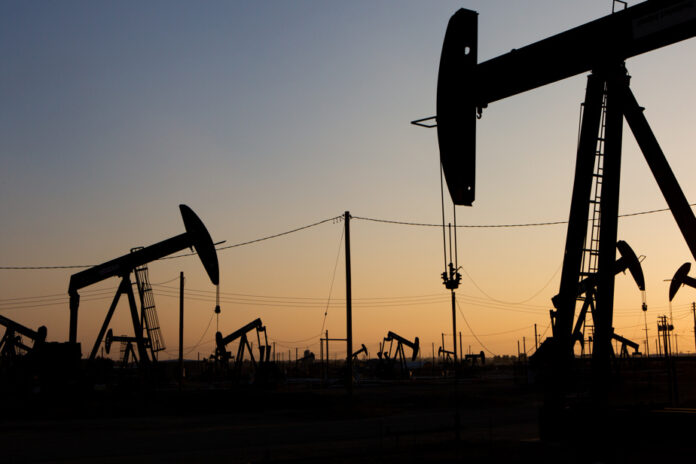(New York) Oil prices ended down more than 5% on Wednesday, weighed down by US inventory figures and fears of seeing demand slow.
The price of a barrel of Brent from the North Sea for delivery in December fell by 5.62%, to close at $85.81.
As for a barrel of WTI for delivery in November, it dropped 5.61%, to 84.22 dollars.
The two market reference varieties fell to their lowest level in a month.
The fall in the price of black gold is linked to the weekly report from the American Energy Information Administration (EIA), which showed the lowest volume of gasoline deliveries to the United States in 25 years for this time of year.
This gap in what operators call implicit demand also explains the jump in gasoline stocks, which increased by 6.5 million barrels during the week ended September 29, while analysts expected them to be stable.
“Let’s wait until we see next week’s figures” to talk about a trend, said Phil Flynn of Price Futures Group, who nevertheless recognized that this drop “had fueled anxiety about the economy”.
“Bond rates have risen sharply” and “consumers are finding it more difficult” to maintain their purchases in this environment, added the analyst.
“Crude prices are taking the full brunt of fears of a global economic slowdown, despite production cuts promised by Riyadh and Moscow until the end of the year,” explained José Torres, of Interactive Brokers, in reference to commitments made by Saudi Arabia and Russia. to cut their volumes by a total of 1.3 million barrels per day.
On Wednesday, at the end of its technical meeting, the Joint Ministerial Monitoring Committee (JMMC) of the Organization of the Petroleum Exporting Countries (OPEC) and its allies in the OPEC agreement recommended maintaining current production levels.
For Phil Flynn, prices also suffered on Wednesday from information from the daily Kommersant, according to which the Russian government would consider lifting part of the restrictions on the export of diesel, decreed at the end of September.
“I doubt this information,” said Phil Flynn, recalling that the Deputy Prime Minister responsible for Energy, Alexandre Novak, had indicated on Tuesday that the suspension of exports of diesel and gasoline had made it possible to reduce pump prices in Russia.
For Phil Flynn, Wednesday’s slide does not necessarily portend a prolonged correction. “The global market remains tight,” with supply significantly below demand. “And unless we see a major contraction in demand, this is going to remain a problem. »















